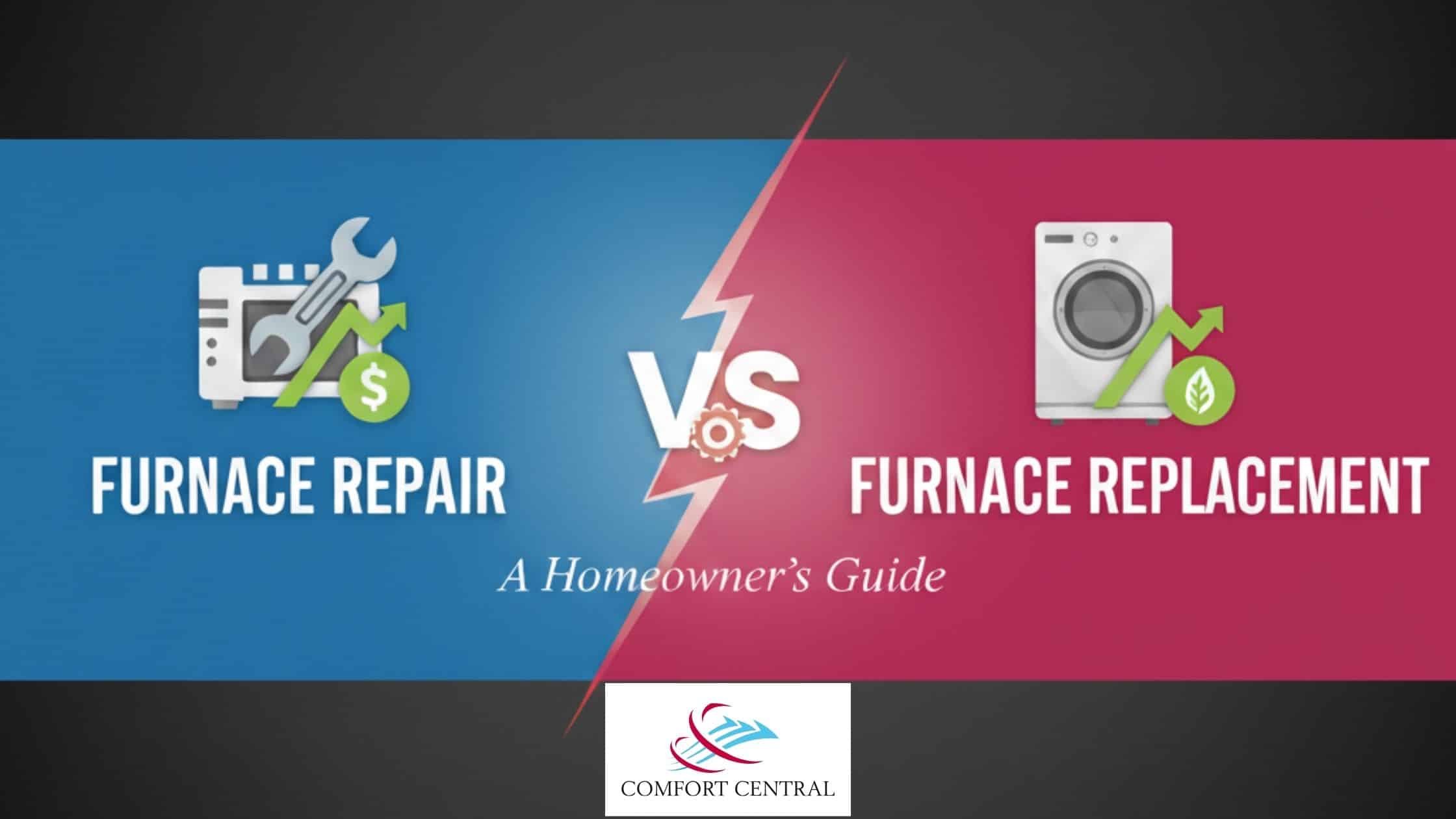
Furnace Repair vs. Replacement: A Homeowner’s Guide
Is your furnace acting up again? When your heating system fails, you’re faced with a tough and often stressful decision: should you pay for another repair or invest in a full replacement?
Making the right choice isn’t just about cost—it’s about your home’s safety, comfort, and long-term energy expenses. As Asheville’s trusted HVAC experts, we believe in empowering homeowners with honest information. This guide will walk you through the key factors to help you decide.
When to Repair Your Furnace
A repair is often the most sensible option if your heating system is still relatively new and the issue is minor. Consider repairing if:
- Your Furnace Is Less Than 12 Years Old: A well-maintained furnace can last 15-20 years. If your system is in its first decade, a repair is usually a smart investment.
- The Repair Cost Is Manageable: A great rule of thumb is the “50% Rule.” If the cost of a repair is less than half the cost of a new furnace, a repair makes financial sense. For a fast, reliable diagnosis and an upfront quote on any needed heating repair, our team can help you assess the situation.
- It’s a Minor Component Failure: Issues with a thermostat, ignitor, or flame sensor are typically straightforward and cost-effective to fix, extending the life of your unit without a major investment.
- Your Energy Bills Have Been Stable: If your monthly utility bills haven’t been creeping up, it’s a good sign your furnace is still operating efficiently and a simple repair is all that’s needed.
When to Replace Your Furnace
An aging, inefficient furnace can become a significant drain on your finances and a potential safety risk. It’s time to seriously consider a replacement if:
- Your Furnace Is Over 15 Years Old: As a furnace ages, its parts begin to fail, and its efficiency drops significantly. If your system is approaching the two-decade mark, it’s living on borrowed time.
- You’re Facing a Major Repair: A failed heat exchanger or blower motor can be incredibly expensive to fix. Investing that much money into an old system is often not a wise financial move.
- Your Energy Bills Are Steadily Increasing: Are your heating costs noticeably higher than last winter, even though your habits haven’t changed? This is a classic sign of an inefficient system struggling to keep up. A modern high-efficiency furnace can have an AFUE (Annual Fuel Utilization Efficiency) rating of 95% or higher, meaning only 5% of energy is wasted. Older systems can be as low as 70-80%.
- You’ve Had Multiple Repairs Recently: If you’re on a first-name basis with your HVAC technician, it’s a clear signal your furnace is at the end of its reliable lifespan. Constant repairs add up quickly.
- Your Home’s Comfort Is Uneven: A properly functioning furnace should provide consistent warmth. If you have hot and cold spots throughout your home, it could mean your aging system is no longer able to distribute air effectively.
The Most Important Factor: Your Family’s Safety
Beyond cost and comfort, the safety of your furnace is paramount. Older furnaces carry a higher risk of developing a cracked heat exchanger. This is a serious hazard, as it can allow dangerous carbon monoxide (CO) gas to leak into your home. If our technicians discover a crack, a repair is not an option—an immediate replacement is necessary to protect your family.
The Deciding Factor: An Honest, Professional Assessment
Ultimately, the best way to make the repair vs. replacement decision is with a professional, transparent assessment from a team you can trust.
If you’re facing this dilemma, contact Comfort Central. We provide honest, clear advice focused on what’s best for your home and your budget—not just on making a sale. We’ll inspect your system, explain your options, and help you choose the safest, most cost-effective path forward, whether it’s a simple fix or expert heating installation.